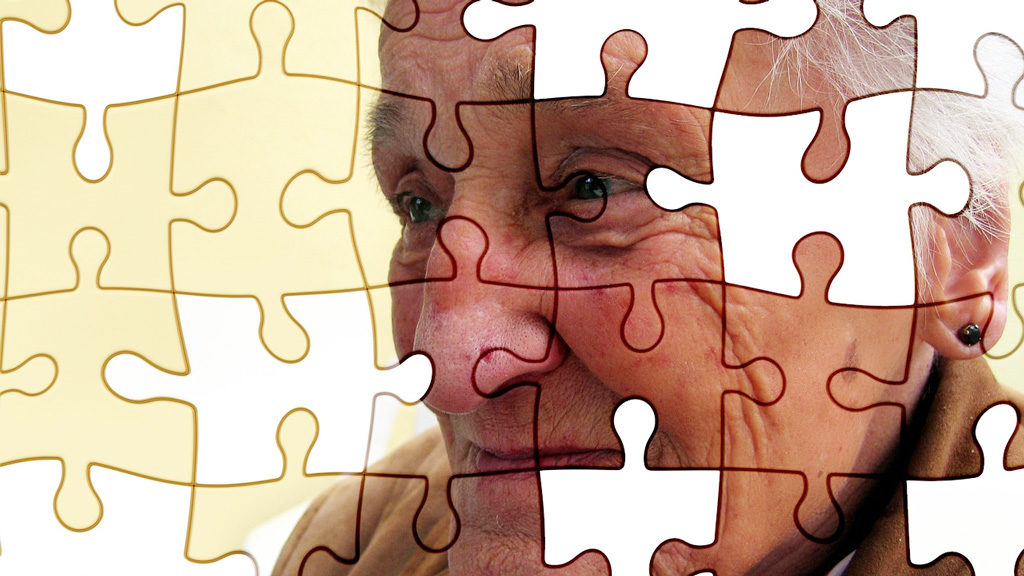Introduction
Dementia is a condition commonly seen in the elderly where there is gradual and progressive decline of multiple brain functions. Dementia is considered when you have memory impairment with one or more of the following:
- Thinking
- Language
- Orientation
- Comprehension
- Judgement
- Behavior
Dementia is not a disease. It’s a group of symptoms caused by other conditions – where forgetfulness seemed to be the main problem.
But it makes us wonder, isn’t forgetfulness part of the natural aging process? Which is why it is difficult to differentiate early stages of dementia with aging. Occasional forgetfulness is acceptable at a certain age. However in dementia the memory impairment is more than what is expected for that age. Also the impairment of other higher brain functions mentioned above would favour the diagnosis of dementia.
How common is dementia?
Dementia is a condition affecting people of certain age. The occurrence of dementia in people at age of 65 is 0.5%, which increases to 1% between the ages 65-69. The numbers double every 5 years till the age of 80where the occurrence is at 10%.and finally by the age 85 the rate increases to about 40%.
Dementia can be further classified as pre-senile dementia when the age of onset is before 65 and senile dementia when after 65 years.
So, what causes dementia?
To answer this we have to know about the different types of dementia. Of the many causes, the commonest type we see is the Alzheimer’s type which accounts for 50-60% of all cases. It is commonly seen in female. Studies show that early onset Alzheimer’s is transmitted genetically. It is a form of neurodegenerative disorder where the brain cells degenerate making it lose its normal function. Other types of dementia due to neurodegenerative disorders include Parkinson’s diseases, picks’ disease and dementia caused by alcohol use.
Vascular dementia stands next on the list accounting for about 20-25% cases. This is more common in males. The main cause for this type of dementia is a compromised blood supply to your brain causing damage. This is known as cerebral infarcts. Obesity, high cholesterol, high blood pressure and smoking puts you at a higher risk of developing vascular dementia. A mixed type of both the above mentioned conditions is seen in 10% of the cases.
Then there are other causes such as structural brain disorders like hematomas, fluid build-up within the brain or inflammatory and auto-immune causes, trauma and infections, hypothyroidism, metabolic causes such as Vit.B12 deficiency and the list goes on.
Some of these conditions are reversible, therefore it is best to see a doctor and get treatment at the earliest possible time.
What signs and symptoms should you look for?
As mentioned above the key feature in dementia is the memory impairment. Short term memory is affected at first where you might forget where you left your keys or spectacles. As the disease progress there will be difficulties in recalling recent events, or known people. Later, one might not recognize his own family.
Sometimes naming well known objects or finding words might be difficult and when the condition is more advanced speech might get incomprehensible.
There will be other features like poor judgement, difficulty in planning, finding it difficult to make rational decisions.
Another alarming feature is something called ‘visuospatial impairment’ where’s a tendency to get lost in unfamiliar surroundings and later in familiar surroundings. Most patients complain of not being able to find their way back home or getting lost on the way to the supermarket. This is sometimes one of the first signs we come across.
Later in the disease patient might find it difficult to do certain task that was nothing to him/her earlier. Like buttoning his shirt or complex tasks like cooking.
When the disease progress further we can expect some behavioral and personality changes as well. For instance there could be agitation, wandering, poor sleep, meaningless repetition of words, socially unacceptable behavior like screaming and removing clothes.
Is dementia reversible?
This is a question many of us have in mind when concerned about dementia.
Out of the long list of causes of dementia, about 20% of them are reversible. Some of the treatable causes of dementia are alcohol use, hematomas, tumors, hypothyroidism, head trauma, B12 deficiency
But conditions like Alzheimer’s type, Parkinson’s disease, vascular dementia, Lewy body dementia and Pick’s disease are not reversible. But with proper treatment preferably early in the disease would slow the progression of dementia.
How are these patients managed?
Your doctors will come with a management plan most suitable for you. Usually the management focuses on many aspects; pharmacological management, where the doctors give you the suitable medication depending on the severity. However the latest studies show that delaying drug therapy is detrimental to the patient, therefore it is best to start drug therapies as early as possible. Your doctor will educate you more on the specific drugs and the possible side effects in detail.
The other aspects of management which is equally important have more to do with the practical side of the patient’s life. This is where your doctor will educate the patient and the family about the disease and teach them how to support their loved one to get the optimal quality of life despite dementia. Sometimes an occupational therapist will assess the risk and work towards minimizing them in the work and home environment for the betterment of the patient. If there are behavioral problems steps should be taken to correct them. Anyone with dementia will ultimately depend on a caretaker. Therefore we must not forget to give the proper care for the care giver as well.

